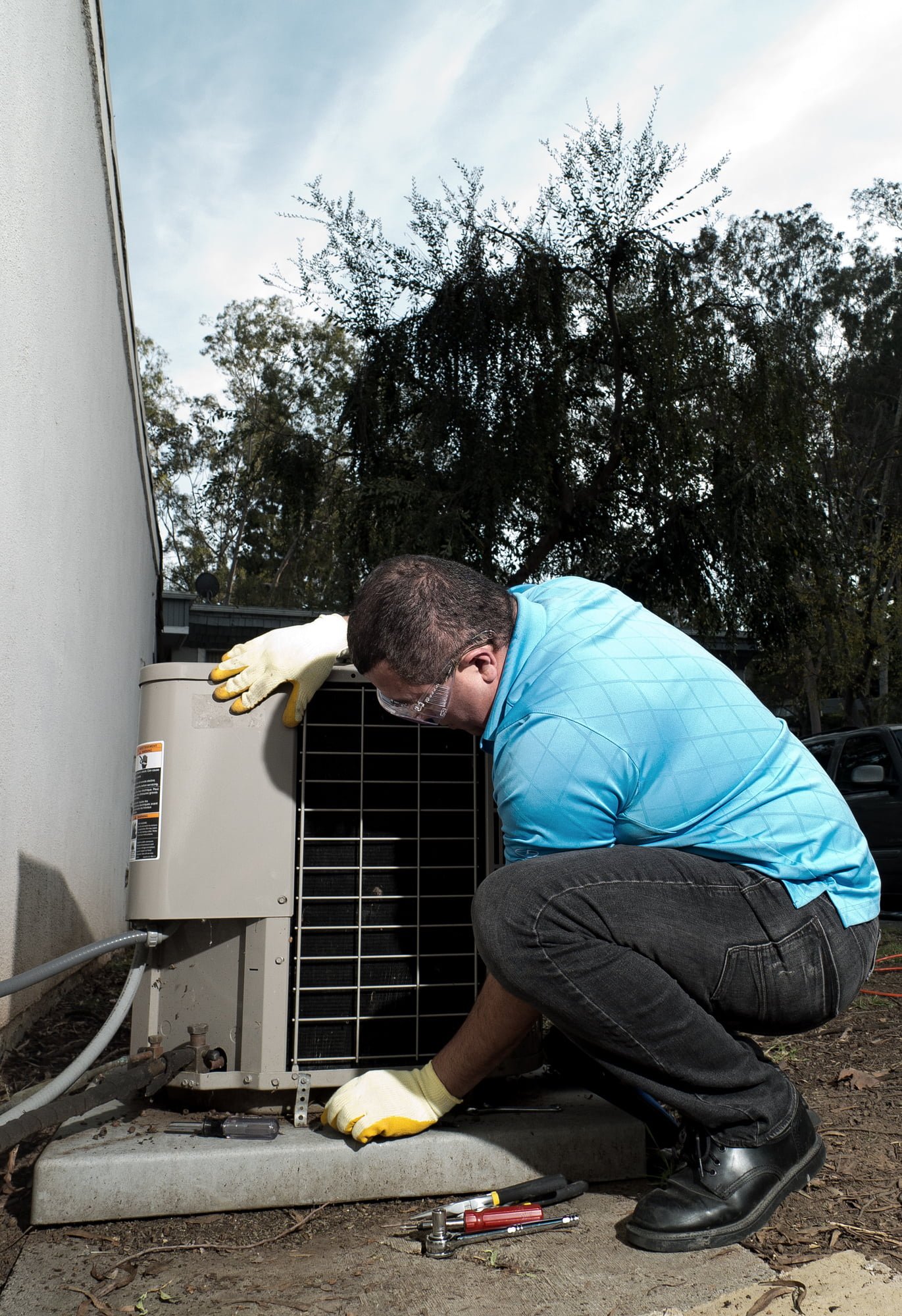The first residential air conditioning unit was huge – six feet high, six feet wide, and 20 feet long. Nowadays, HVAC systems are much smaller, and it doesn’t take an expert to know when something’s wrong with them.
When it’s scorching hot outside, nothing’s worse than suspecting that something’s wrong with your AC system. Keep reading for three ways to tell if you have a failing AC unit.
1. Varying Temperature
The temperature in your house should be consistent room-to-room. Likewise, If your home has multiple floors, your AC system should be able to keep them at a constant temperature. If you notice one room or floor is staying hot, take a look at its window and wall insulation before concluding you have a damaged HVAC system.
If you notice the air coming out of the vents isn’t cold, start monitoring your thermostat settings over time. It could be an issue with the device, and you might need to get a new one.
In a worst-case scenario, your system might have a refrigerant leak. Refrigerant leaks should be looked at right away. In some cases, all you need is your refrigerant topped up.
2. Strange Noises And Smells
Older units tend to make noise. Belts and bolts get loose over time and from being outside in the elements. When the unit starts kicking up, these loose parts tumble around and could damage the inside of the unit.
AC units that are in humid climates are susceptible to mold or mildew. These can cause unpleasant odors you can smell as you approach the unit.
It may be a mold collection clogging the drain pipe. When foreign matter collects in your AC unit, it could cause parts to overheat and lead to more expensive repairs down the line.
3. Higher Energy Bills
You might be noticing your summer energy bill being significantly higher than last year’s. In that case, check that you’ve changed the air filter recently.
Your unit could be struggling to circulate air and be working harder than it needs to. Units under strain have to draw more power and ultimately cause your bills to spike. These units are also prone to ice collecting near refrigerant coils, causing leaks.
If you’re dealing with a broken HVAC unit, you might need to start looking for a replacement. Here’s some more info on how to hire a reliable AC installation company.
Is It Time to Look at Your HVAC System?
Suspecting that your HVAC system is failing during peak summer months is a headache no one wants to deal with. Looking over these three tips and applying them to what you’ve been noticing can help you get started on the path to cooler days.
If you’re looking for more tips on keeping your home cool during the summer, we’ve got you covered. Be sure to check out more articles in the Home section of our blog!




